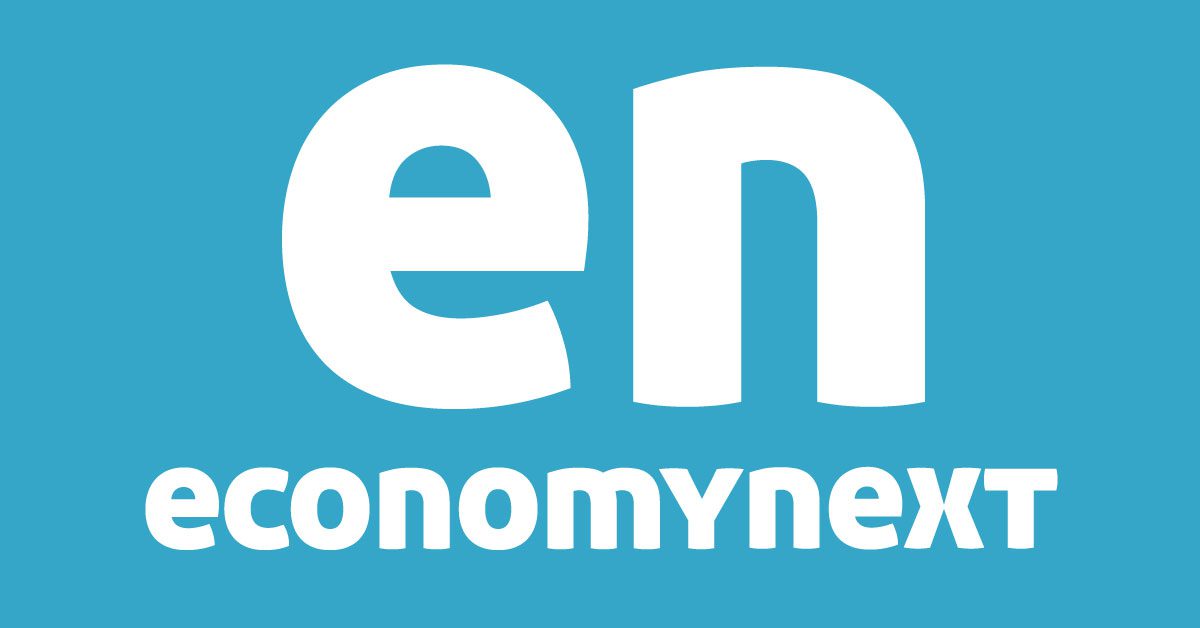General
Bangladesh start-ups see progress | EconomyNext


ECONOMYNEXT – Though startups made up just 0.10 of Bangladesh’s GDP, investments in the industry when compared with countries in the region, for the 2020/2021 period grew nearly tenfold. In fact, in the first nine months of 2021, 37 plus startups had raised more than $ 120 million, tripling 2020 figures.
And in the past decade, of the $ 415 million investments, $ 412 million were from global sources. Between 2021 and the second quarter of 2022, $ 498 million of the total $ 505 million had come from global investors.
Bangladesh has 1200 startups with nearly 200 more emerging each year according to Rakshandha Rukham – Co-Founder Preneur Lab, and moderator of “Bangladesh-Germany 50 years of Friendship: Entrepreneurship and Economic Growth” Impact Talk series Webinar, Jointly organised by the Friedrich Naumann Foundation for Freedom, Bangladesh and Preneur Lab, the webinar held on December 22, included Kazi H Robin, Associate Professor World University of Bangladesh and Quaiyum Rumi – Co-Founder, Best Aid Limited as panelists.
As an emerging economic powerhouse, generating nearly 1.5 million jobs, Rukham adds that the private and public sectors are increasingly opening up in terms of funds for startups.
As well, startups, especially those providing digital products and services became more attractive during the Covid 19 pandemic, to a people, who until then preferred traditional means of obtaining basic needs.
The idea for Best Aid came when the mother of a co-Founder needed access to health care, says Rumi, explaining that those living in rural Bangladesh, and marginalised groups are the worst affected. While the co-founder’s family had the means of getting their family member to a medical facility, that isn’t the case for a majority, he says.
Despite initial challenges posed by both medical professionals and patients who believed physical assessments were the only way for a diagnosis, Best Aid has made in-roads, he explains. Both groups are now open to the concept of telehealth, which is available in audio and video formats. Local pharmacies have been set up with the necessary tools for telehealth consultations by Best Aid to help those who are not tech-savvy, he adds.
Rumi credits the government and local area public officers and politicians who helped raise awareness on the benefits of telehealth.
Says Robin, startups are bound to succeed if the business model offers solutions to real-life situations. Copy-cat versions will fail, he warns, as those will not attract investors. When venturing into this sector it is important to ‘consider user-related culture, norms and practices’ and bing aware of ‘how external entities can help.’ The necessary technology too must be in place, he says. In that, Germany which has around 22 Unicorns compared to one in Bangladesh could assist with training and technology sharing.
“There is no shortcut to success, one must learn from the challenges,” he points out.
Rumi agrees, stating that attending as many events and information sessions, communicating ideas, and understanding compliance issues are imperative, for success. Building credibility is equally important, he says.
In the international arena, explains Rukham, friends and families become investors for startups, whereas in Bangladesh they prefer to keep their savings in the banks.
Rukham lists out policy initiatives of the government, which range from there being no foreign equity limit on shareholders, in-person cash back on export-oriented revenue, no tax on profits until 2024, an 80 per cent VAT exemption on utilities and 100 per cent VAT exemption on rent for IT and IT based programmes as well as a 70 per cent tax discount for startups in the first ten years, as being key factors encouraing industry growth.
Germany, which was amongst the first European nations to recognise Bangladesh’s independence in 1972, is the second largest importer of the latters products, mainly textiles. Germany is also a major contributor towards energy efficient and renewable energy programmes in Bangladesh, and provides assistance in climate change adaptation and good governance.








